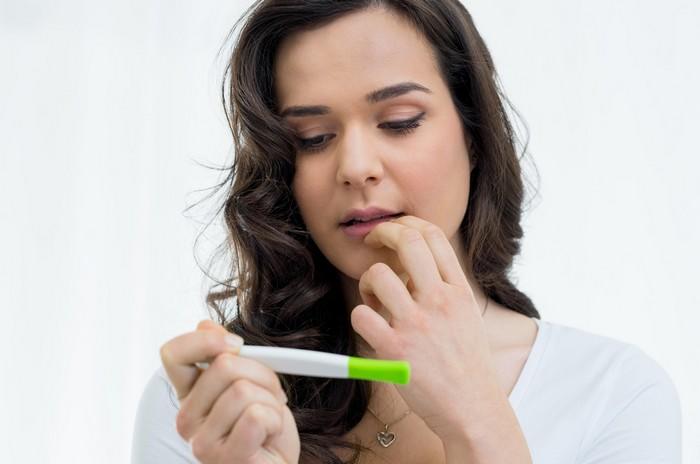New research suggests that a simple procedure known as endometrial scratching could significantly improve the chances of a successful pregnancy following in-vitro fertilization (IVF) or intracytoplasmic sperm injection (ICSI). The technique involves gently scratching the lining of the womb and has shown promise in increasing the likelihood of embryo implantation, especially in women who have experienced previous IVF failures despite transferring high-quality embryos.
The study found that endometrial scratching led to a notable increase in clinical pregnancy and live birth rates. Specifically, the procedure raised the chances of a live birth or ongoing pregnancy from a baseline of 9% to between 14% and 28%, depending on the patient. However, the researchers noted that the quality of the evidence available is still considered low.
Importantly, the research revealed that endometrial scratching did not appear to influence the risk of miscarriage, ectopic pregnancy, or multiple pregnancies. Furthermore, pain associated with the procedure was reported to be moderate, with one study citing an average pain level of 6 out of 10.
For this study, the research team reviewed eight controlled trials, involving a total of 1,180 women who were either undergoing intrauterine insemination (IUI) or attempting to conceive naturally, with or without the aid of ovulation induction. The main outcomes of the review were live birth or ongoing pregnancy rates and the pain associated with the procedure.
While endometrial scratching is described as an affordable and straightforward procedure, it does require an internal examination, which can cause discomfort. The procedure can typically be done without the need for anesthesia during a brief visit to the clinic.
Sarah Lensen from the University of Auckland, who contributed to the study, explained that although endometrial scratching is a low-cost and accessible option, it remains important for patients to be informed of the potential discomfort involved.
The findings were recently presented at the Annual Meeting of the European Society of Human Reproduction and Embryology (ESHRE) in Helsinki.
Related topics:
New Data Reveals High Endometriosis Diagnoses in Oxfordshire, Highlighting Need for More Support
Robotic Microscrew Offers New Hope for Fallopian Tube Blockage Treatment
Ethical Questions Arise Over Fertility Doctor’s Practices After DNA Discovery

























